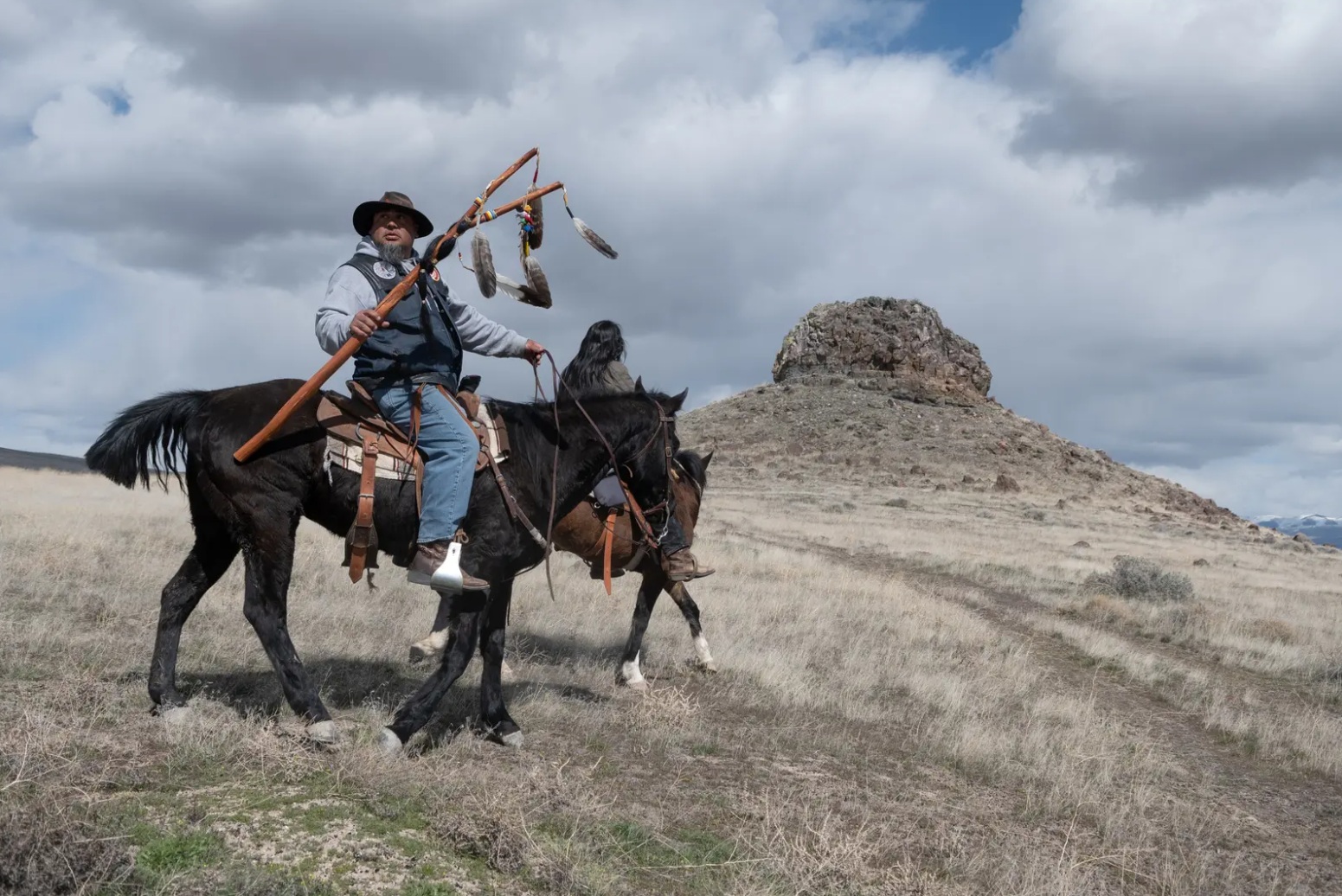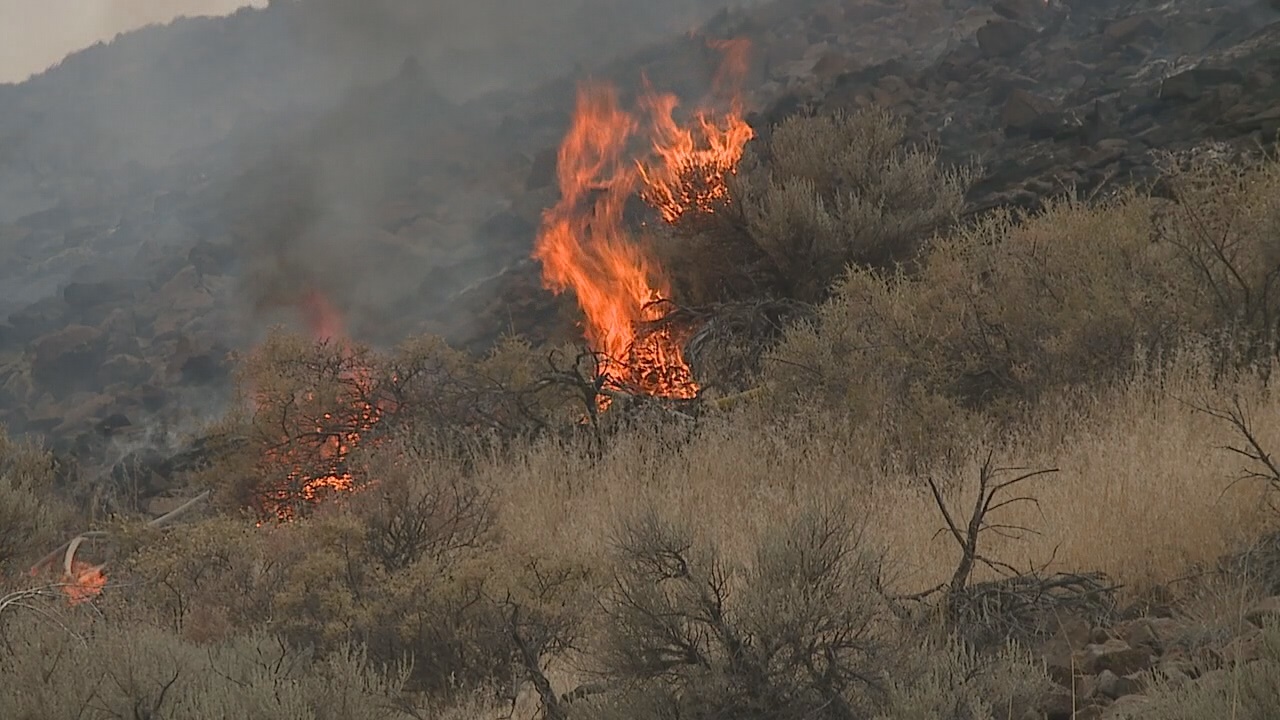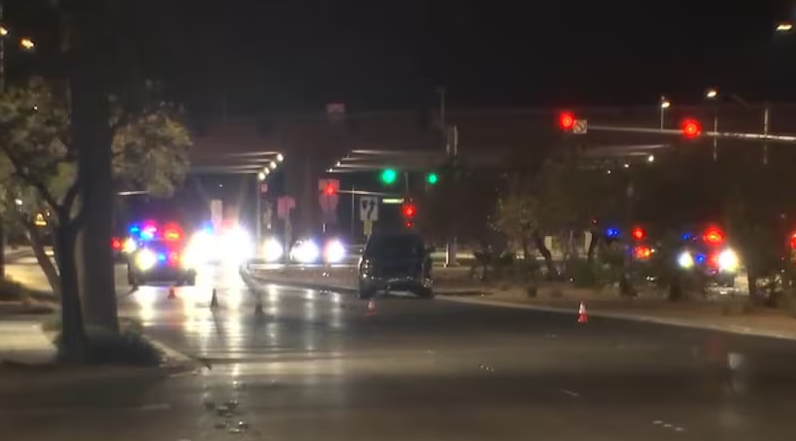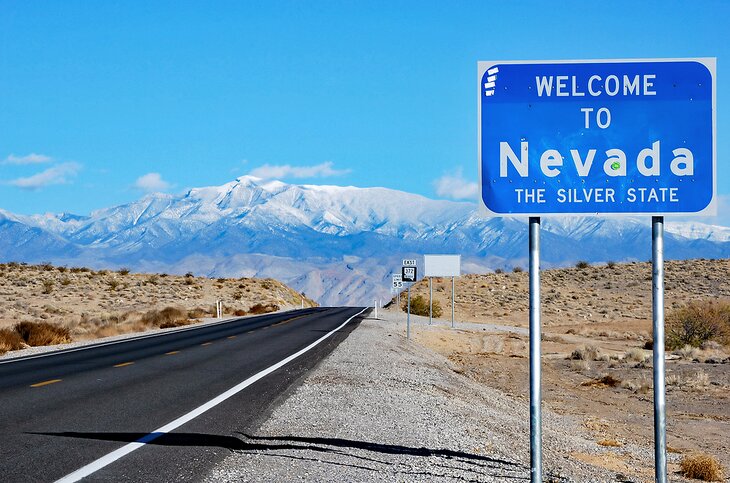FBI and law enforcement surveillance of Nevada lithium mine protesters raises concerns

Federal agencies monitor Indigenous activists at Thacker Pass mine site
Indigenous and environmental activists protesting a massive lithium mining project in northern Nevada have been subjected to extensive surveillance by federal and local law enforcement agencies, including the FBI’s joint terrorism task force, according to recently obtained government documents.
The surveillance activities at Thacker Pass, located approximately 200 miles north of Las Vegas near the Nevada-Oregon border, have targeted largely peaceful protesters who oppose what could become North America’s largest lithium mine. The revelations have sparked concerns about the treatment of Indigenous rights advocates and environmental activists.
Extensive multi-agency monitoring revealed
More than 2,000 pages of internal law enforcement communications obtained through public records requests show that at least 10 different agencies have participated in monitoring activities at the protest site. These agencies include the FBI, Bureau of Land Management, Humboldt County Sheriff’s Office, Bureau of Indian Affairs, Nevada State Police Highway Patrol, Winnemucca Police Department, and the Nevada Threat Analysis Center.
The documents reveal that an FBI joint terrorism task force based in Reno held meetings specifically focused on Thacker Pass activities. Law enforcement officers have been tracking protesters’ social media accounts, while Lithium Americas, the Canadian company developing the mine, has installed surveillance cameras overlooking protest campsites on public land.
“We’re conducting traditional ceremonies and they’re surveilling us like we’re domestic terrorists,” said Chanda Callao, an organizer with People of Red Mountain, a group opposing the mine’s development.
Security measures include counterterrorism expertise
Lithium Americas has taken significant security precautions, including hiring a former FBI agent who specialized in counterterrorism to develop the mine’s security protocols. The company has worked closely with law enforcement agencies to monitor opposition activities, sharing surveillance footage and coordinating responses to protests.
Legal experts have expressed concern about the implications of treating environmental and Indigenous protesters as potential security threats. Andrew Ferguson, who studies surveillance technology at American University Washington College of Law, described the extensive monitoring as “chilling” for activists exercising their constitutional rights.
Mine moves forward despite opposition
Construction at Thacker Pass began in March 2023 after federal courts cleared most legal challenges to the project. The mine, which sits within the McDermitt Caldera, is projected to produce 40,000 metric tons of battery-grade lithium carbonate annually in its first phase – enough to power approximately 800,000 electric vehicles.
The project has received substantial backing, including a $2.26 billion loan from the Department of Energy and a $625 million investment from General Motors, which will hold a 38% stake in the operation. Full-scale production is expected to begin by 2028.
Indigenous concerns and cultural significance
Opposition groups, particularly Indigenous activists, argue that the mine threatens sacred sites and traditional lands. The area holds cultural significance for several tribes, and protesters have raised concerns about potential environmental impacts, including water depletion and habitat destruction.
The Fort McDermitt Paiute and Shoshone Tribe, located closest to the project, signed a Community Benefits Agreement with Lithium Americas that includes millions of dollars for community projects. However, other tribal groups and individual Indigenous activists continue to oppose the development.
Legal and regulatory challenges continue
The project has faced ongoing legal challenges beyond the surveillance controversy. In June 2025, Nevada’s Division of Water Resources issued a cease and desist order to Lithium Americas for unauthorized water pumping following a dispute with a local rancher over water rights. The company has 14 days to comply with the order while seeking alternative water sources for construction activities.
Environmental groups have also challenged the federal government’s environmental review process, arguing that the Bureau of Land Management failed to adequately assess the project’s cumulative impacts and properly consult with Native American tribes.
Balancing clean energy goals with community concerns
The Thacker Pass project exemplifies the complex tensions surrounding America’s push for domestic lithium production to support electric vehicle manufacturing and renewable energy storage. While proponents argue the mine is essential for reducing dependence on foreign lithium supplies and combating climate change, opponents raise valid concerns about environmental justice and the rights of Indigenous communities.
As construction continues and production approaches, the surveillance of protesters at Thacker Pass serves as a reminder of the ongoing conflicts between industrial development and community opposition in Nevada’s mining regions. The use of counterterrorism resources to monitor peaceful protesters has raised questions about the appropriate use of law enforcement powers and the protection of civil liberties in environmental disputes.
Image Sources: https://www.hcn.org/articles/law-enforcement-surveilled-nevada-lithium-mine-protesters-according-to-records/
Category: Environment
Subcategory: Natural Resources
Date: 07/25/2025




